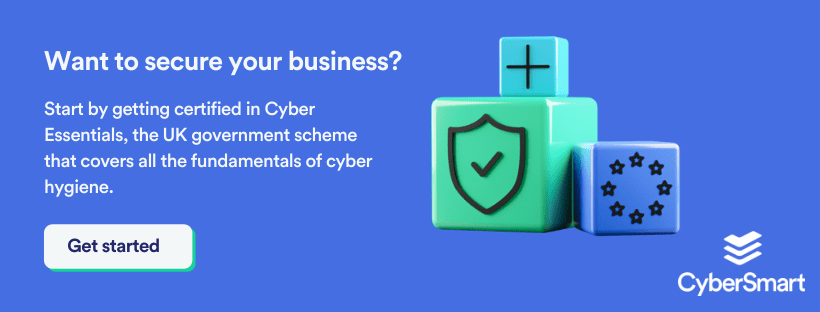It’s no secret that the world of cybersecurity online is becoming more dangerous as more and more people, and things, across the globe, get connected in ever more sophisticated ways. However, while criminal individuals and gangs are an ever-present threat online, the real threat growth area is from national governments who are increasingly turning to the internet as a means to attack their enemies. So what should you expect from cybersecurity in 2020? We take a look.
Government services
Countries have long used underhand methods of attacking their enemies as a proxy for military conflict, but the Internet has created a powerful way for rogue actors to cause unprecedented levels of damage to civilians without ever firing a shot. Examples of tit for tat attacks are common, and targets from the UK’s NHS to the Iranian nuclear industry have been hit in recent years with catastrophic results.
Government services from your local council website all the way to the police and health services could be attacked, and while they might not be targeting you specifically, often the malware and viruses they unleash are indiscriminate in who they affect. It’s a good idea to make sure your antivirus is up to date before using Government sites and portals, just in case, and to be suspicious of any emails you receive from public services unless you can verify the source.
Election fever
Most of the attention around election security in recent years has been focused on the potential for fraudulent social media posts and fake news to mislead voters, but old fashioned cyber fraud is also expected to increase in the run-up to the US elections this year and in the aftermath of the UK elections last December.
Legitimate online identities are valuable to hackers looking to commit fraud, so it is important to be alert in case they try to steal your details in a way that could be damaging professionally or financially – particularly the theft of email databases or sensitive details. For a business, it is essential that you are compliant with GDPR in the event that this does happen, or the fallout from an attack could be much worse.
Supplier woes
While government agencies are particularly vulnerable to cyber warfare, the damage doesn’t stop there. Many governments use private companies to help deliver public services, and the contagion from an attack on a government can easily spread down supplier networks to your business even if you don’t deal directly with the Government yourself.
As a result, it’s essential that you have robust software with IASME certification in place, like Cyber Essentials or Cyber Essentials Plus to give your customers the peace of mind that they won’t become victims if you are attacked.
Looking to improve your cybersecurity in 2020 but not sure where to begin? Start by getting certified in Cyber Essentials, the UK government scheme that covers all the fundamentals of cyber hygiene.













